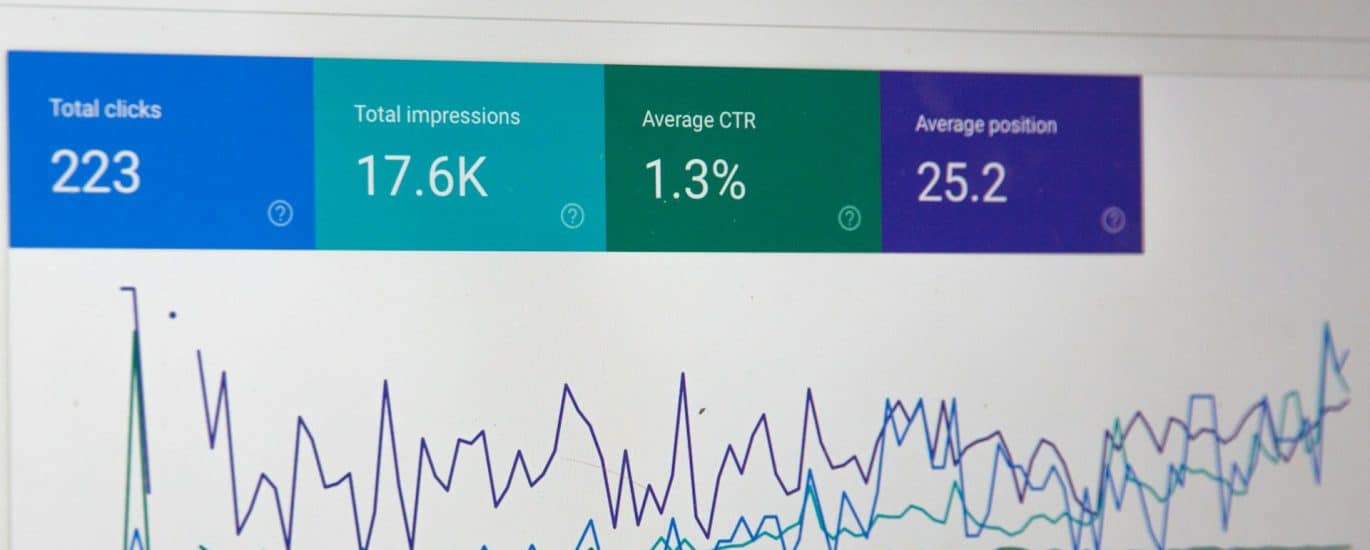Search engine optimization (SEO) is a multidimensional digital marketing strategy that encompasses various aspects, from content optimization and user experience to backlink building and online visibility. However, technical optimization is an often overlooked yet essential component of a successful SEO strategy. Technical SEO involves behind-the-scenes work, ensuring that your website runs smoothly, offers a seamless user experience, and adheres to search engines’ best practices to improve organic rankings. In this article, we will delve into the world of technical SEO optimization and share vital insights into how it can boost your website’s performance, enhance user experience, and contribute to your digital marketing success.
By focusing on the technical aspects of your website, you can uncover hidden opportunities for improving its performance and ensure that search engines can effectively crawl, index, and rank your content. To help you navigate the multifaceted landscape of technical SEO, we’ll explore some key areas that can significantly impact your website’s overall performance. These areas include:
1. Website Security and HTTPS
2. Website Speed and Performance
3. Mobile Responsiveness and Accessibility
4. Site Architecture and Navigation
5. Indexability and Crawlability
As we delve into these critical components, we will provide actionable tips and strategies to help you optimize your website and harness the full potential of technical SEO. Addressing these critical issues can create a strong foundation for your SEO endeavors and ensure your website operates at its peak performance.
So, join us as we explore the powerful world of technical SEO optimization, reveal valuable insights that can transform your website’s performance, and guide you down the path toward digital marketing success. And, as always, Optimyzed is here to help you on this journey, supporting you through every stage of your website’s technical optimization to ensure superior performance and enhanced search rankings.
Website Security and HTTPS
In the age of increasing online threats and privacy concerns, website security has become a fundamental aspect of technical SEO. You can create a safer user environment and protect sensitive data from potential breaches by implementing secure protocols and encryption techniques. One proven way to enhance your website’s security is by implementing HTTPS (Hypertext Transfer Protocol Secure), which encrypts data exchanged between the website and the user.
Google and other search engines consider website security an essential ranking factor, which means having an HTTPS-enabled site can significantly contribute to your SEO efforts. Furthermore, HTTPS provides additional benefits, such as increasing user trust, reducing bounce rates, and enhancing the overall browsing experience for your users.
Website Speed and Performance
Site speed and performance are crucial in determining your website’s attractiveness to users and search engines. Slow-loading pages can lead to higher bounce rates, lower user engagement, and ultimately, poor search rankings. By optimizing your website’s speed and performance, you can deliver a seamless user experience, boost organic search rankings, and improve conversion rates.
To optimize your website’s speed, consider factors such as server response time, image optimization, code compression, and caching. These elements can significantly impact your website’s loading time, and by addressing them, you can create an efficient and user-friendly browsing experience. Various online tools, including Google’s PageSpeed Insights, can help you identify areas for improvement and provide actionable recommendations to enhance your website’s performance.
Mobile Responsiveness and Accessibility
With most online browsing occurring on mobile devices, it is essential to ensure your website is mobile-friendly and fully accessible across different screen sizes and devices. A well-designed, mobile-responsive website adjusts its layout and content to provide a seamless experience for users, regardless of the device they are using.
Mobile-first indexing is now a priority for Google, meaning that your website’s mobile version will be considered the primary source for determining its search ranking. Making sure your website is mobile-friendly is critical for maintaining visibility in search results and delivering a positive user experience across devices. As part of your technical SEO efforts, ensure you use a responsive web design, optimize your content for mobile browsing, and test your website on various devices and screen sizes.
Site Architecture and Navigation
A well-structured site architecture is vital in enhancing your website’s user experience, ensuring that your content is easily accessible, and enabling search engine bots to crawl and index your pages effectively. An organized website structure is reader-friendly and allows users to navigate your content without encountering dead-ends or obstacles.
When optimizing your site architecture, focus on creating a clear, hierarchical content organization with easy-to-navigate menu systems and internal links connecting relevant pages. Utilize user-friendly URLs, incorporate descriptive alt attributes for images, and ensure your navigation menus are concise and intuitively structured. By fostering a clean, organized website structure, you can enhance your website’s overall performance and facilitate smoother interactions for both users and search engine bots.
Indexability and Crawlability
To rank well in search engine results, your website needs to be easily crawlable and indexable by search engine bots. Technical issues such as broken links, blocked resources, or complicated URL structures can lead to difficulties for search engines accessing or indexing your content, resulting in decreased search visibility and poor rankings.
Assess your website’s crawlability and indexability by regularly auditing your site for potential issues and addressing them promptly. Use tools such as Google Search Console to monitor crawl errors and gain insights into how search engines interact with your website. Ensure that your XML sitemap is up-to-date and submitted to search engines to help them quickly discover and index your content.
Conclusion
Optimizing your website’s technical SEO is a crucial step toward enhancing its performance, improving user experience, and boosting your search rankings. By addressing key aspects such as website security, site speed, mobile responsiveness, site architecture, and indexability, you can create a strong foundation for your website and set the stage for SEO success.
Investing in technical SEO optimization helps you outshine your competitors and ensures longevity in search rankings. Optimyzed is here to support you with expert guidance, insights, and SEO expertise when you’re ready to take your website’s performance to new heights. Together, let’s enhance your website’s technical foundation and propel your digital marketing efforts to the next level.





